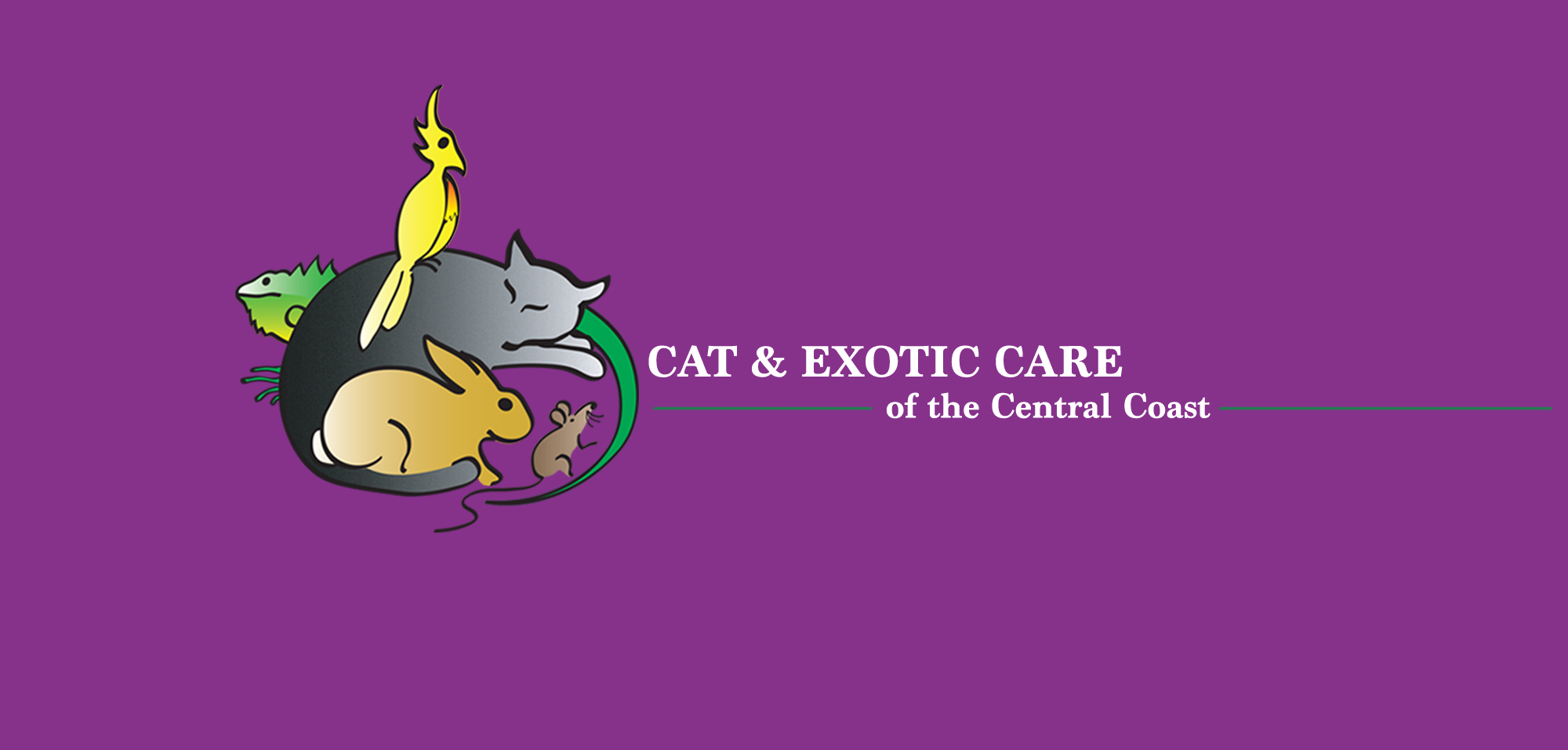QUESTION:
My dog often gets into the garbage. Are there any easy ways to deter him? Is this dangerous to his health?
ANSWER:
If I could come up with a marketable force-field to protect garbage cans from indoor dwelling chow-hounds, I would be a rich man! Some people hide their garbage cans under the sink in the kitchen cabinets (or have it built in), others buy tall and difficult to tip garbage cans, but the bottom line is this: it can be very difficult to keep your persistent pup out of the trash if it is determined to get in.
One idea that some people have employed is the use of invisible fences (electric fences). Many people use these invisible fences to contain their pets within their outdoor property boundaries, but they can also be installed to prevent pet’s access to predetermined parts of the inside of a house (i.e., the kitchen). One company, Invisible Fence (www.invisiblefence.com), will do the installation for you. Unfortunately, there is no easy solution to this problem. I still routinely have to put my kitchen garbage on the kitchen counter when I am out of the house in order to keep my old hound from seeking out the prized contents.
The answer to your second question is, yes, there is definitely a risk to your pet’s health each time he/she gets into the garbage. Roquefortine and Penitrem A are common fungal/mold toxins that occur in garbage and both can cause your dog to become very ill. Other ingested items can lead to pancreatitis, inflammation of the bowel, intestinal tract blockage or even perforation, and various other toxicities. If your dog does get into the garbage, even if it appears to be acting fine, it is best to seek the advice of your family veterinarian on what to monitor for and whether or not your pet needs to be seen. We have all seen plenty of dogs get away with eating items from the garbage, but remember not every dog will be so lucky. Putting off the phone call could cause you to miss the window of opportunity to initiate life-saving preventative measures.
If you have a veterinary question that you would like to propose for an upcoming edition, please send it to email@catandexoticcare.com with “ask the vet” in the subject line.
Max Conn, DVM is the owner of Cat & Exotic Care of the CentralCoast, a full service veterinary hospital dedicated to the special needs of cats, birds, reptiles and small mammals. Cat & Exotic Care is located in PismoCoastPlaza, 565 Five Cities Drive, 805-773-0228. More information can be found at www.catandexoticcare.com.
Disclaimer: The informational handouts and website links above are for informational purposes only, they are not intended to replace veterinary care.
